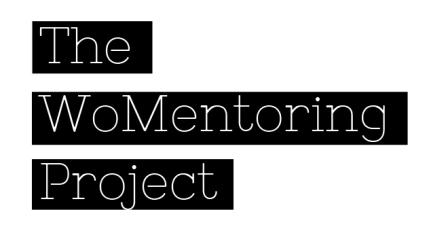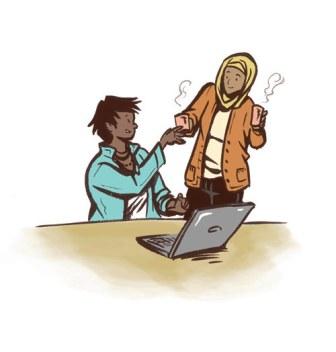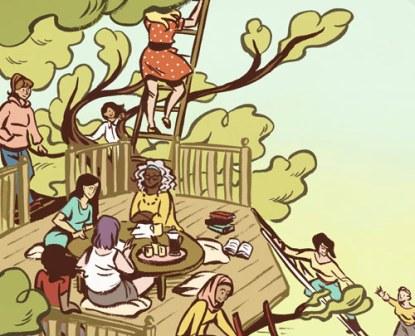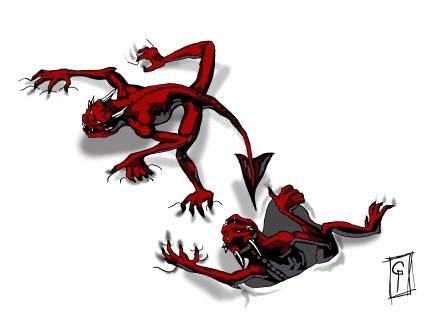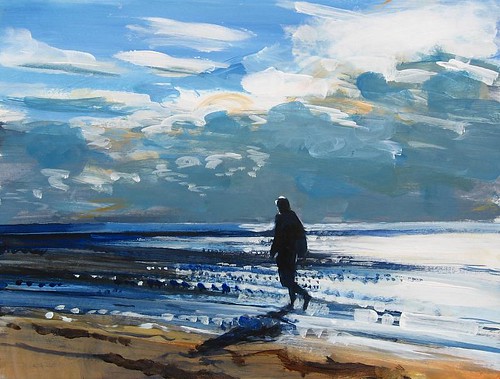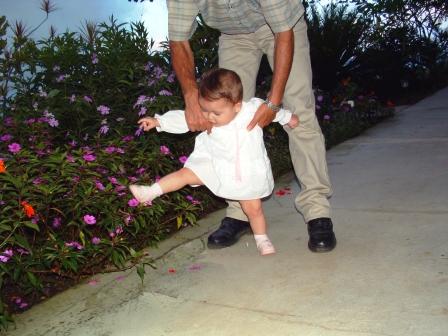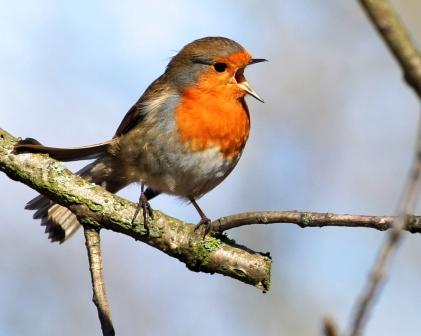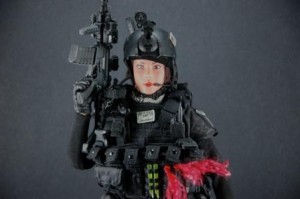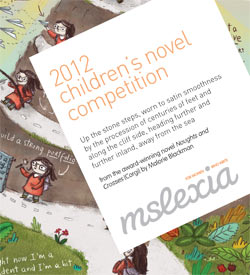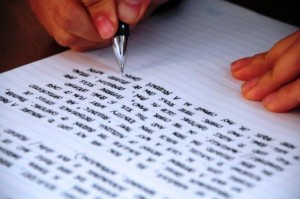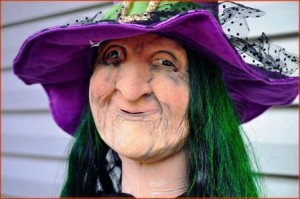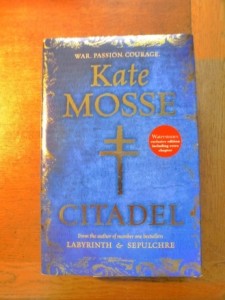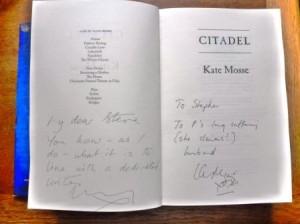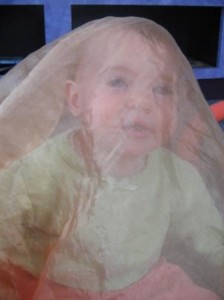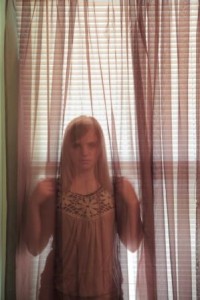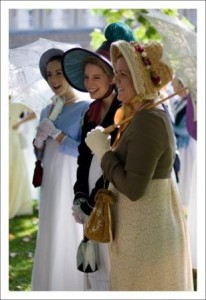Well, not really.
I put forward my name to support other women writers as part of the splendid Womentoring Project – but not without a certain amount of tummy-jiggling anxiety. As soon as I saw the call, I definitely wanted to help. I know how much a few kind and honest words can mean – yet I felt something of an imposter.
This is how my mind rumbled on:
OK, I am a woman. And I do have a smidge of experience. But I am one of The Great Unpublished [barring a few short stories and poems]. So far, I’m an also-ran, a runner-up, a we-really-like-your-work-but-it’s-not-for-us writer. I bet they want someone better – a real, proper author.
It made me hesitate.
But then I remembered the whiteboards. You see, I was a primary school teacher way back when interactive whiteboards first came in. I didn’t have much idea – and in the way of these things, it was fitted at the end of of August as the class came in early September. I hadn’t the chance to get one toenail ahead of the children, never mind a step.
It worked out fine. Being pretty much ‘equal’ with the pupils really worked. They helped me, I helped them. There could be no ‘this is the only way to do it’ rigidity – we experimented together. I call that a good result.
The same with my brief but oh-so-rewarding stint as a Graduate Editorial Assistant at West Dean College. I had just completed my MA IN Creative Writing – and I got the chance to work with the next ‘batch’, so-to-speak. There are few better ways of interrogating and consolidating your hard-won knowledge than explaining it to someone else. Especially if they are smart and motivated and questioning.
So I have offered my services. I’ve left it open-ended – I am happy to negotiate with any mentee I get to suit her needs. It turns out that I do have some things to share – I review books for two sites, I volunteer with British SCBWI, and I am a writer, after all.
Please visit The Womentoring Project to learn more about being a mentee – or a mentor.
Illustrations copyright Sally Jane Thompson

